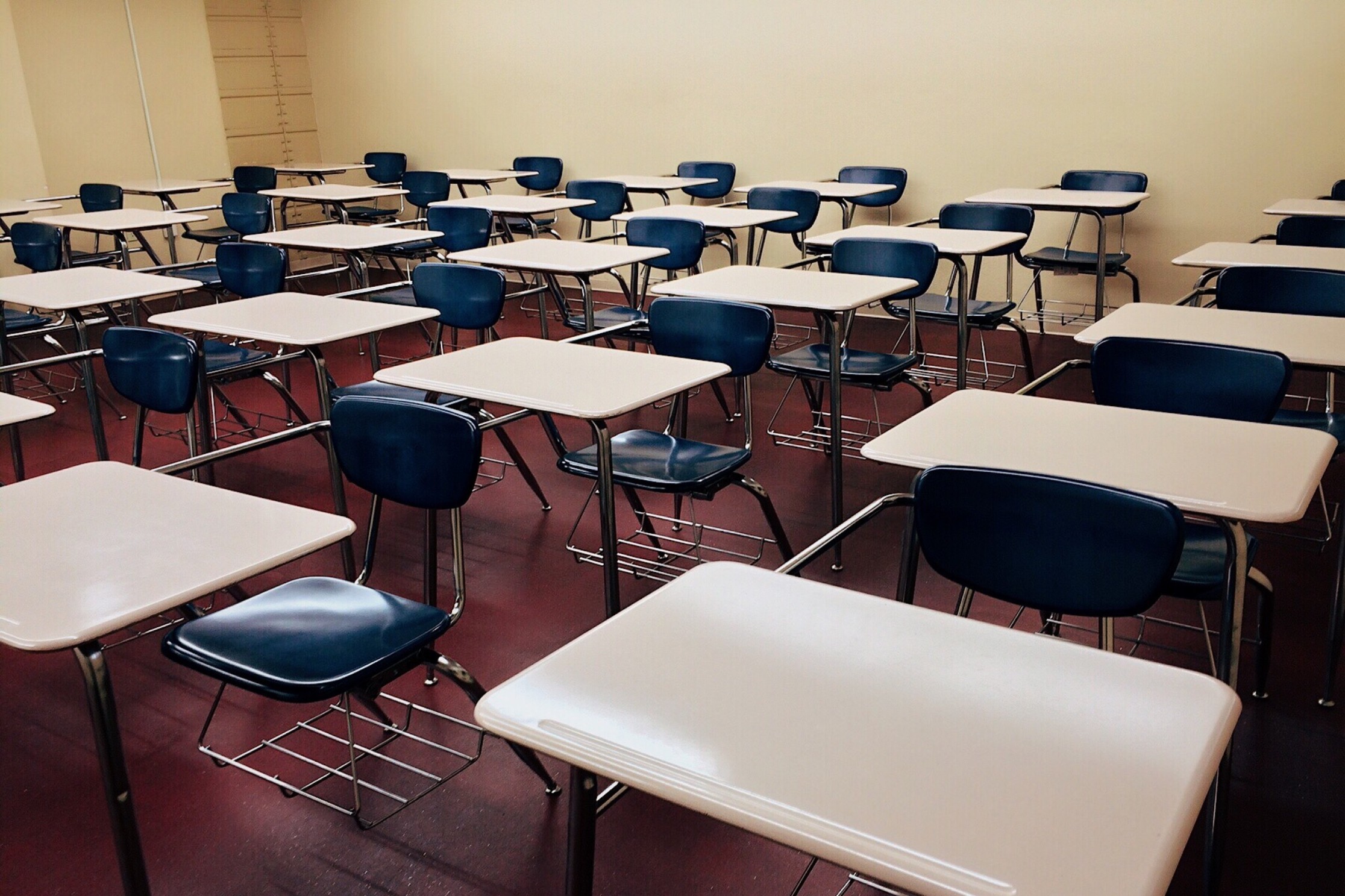Coronavirus - A Forcing Mechanism?
As COVID-19 (AKA Coronavirus) makes its way around the world and back again, it is leaving unprecedented economic consequence in its wake. The hospitality, healthcare, and travel industries are the most immediately impacted (and that too, negatively). And then, there is layered, delayed, and yet unforeseen, impact on manufacturing, financial services, e-commerce, and myriad other industries.

In our interconnected world, nations, companies, and organizations are being forced to re-think the “way things are done” and that is a good thing (albeit, mighty painful as we experience it in real time). Business travel is being restricted to essential trips only; global conferences are being offered in abbreviated formats online; industries and organizations that once shunned WFH (work from home) as a matter of policy are now embracing it as an alternative that allows to commerce to continue in the face of uncertainty.
One beacon of hope is the education sector. Charged with protecting the health of students and faculty, schools and universities across Asia are swinging into action by leveraging technology to keep instruction and learning on track.
In Japan and Hong Kong, all schools have been closed until the end of March, compelling the education infrastructure to adapt in near real-time. Parents are scrambling to make changes to schedules and routines to accommodate learn-from-home initiatives. Teachers are recording lessons remotely and asking students to view them online and to complete in-class work and tests independently. They are also “on call” throughout the day (and night) to answer questions.

The paradigm of delivery has been forced to shift temporarily, but does that offer an opportunity for a more permanent shift, one that makes education even better? Could we learn from this incident – to create fail safes, to embrace technology’s enabling qualities, to think of ways all learners could benefit from remote learning, whether synchronous or asynchronous?
In 2019, the American School of Bombay, conducted a test of “school from home in case of emergency” that helped the institution anticipate scenarios in which learning could continue even in the face of severe weather, riots, pandemics or any other unforeseen “worst case” scenario. For half a day, all students, from KG to grade 12, learned remotely and teachers worked from home. In essence, while the school building was shut, “school” was on as normal. I imagine this type of advance planning also allowed the school to upgrade its technology infrastructure, modify its emergency response plans, and adapt a truly global perspective on what is possible (both positive and negative) in our irreversibly interconnected world.

For higher education and adult learners, the changes that COVID-19 is forcing could have positive outcomes for lifelong learning. While the likes of Coursera, Udemy, and Simplilearn are already enabling “learn from anywhere, anytime” mindsets, could COVID-19 make it so that all educational institutions and programs think of “online” as their main mode of delivery, with in-person sessions complementing lessons? Could entire degrees be delivered online, with no discernable difference in quality and with no stigma attached?
Singapore Management University (SMU) has declared that any class with more than 45 students must be delivered online only. If that’s the case, and we extend the thinking, couldn’t students just stay at home in India or Indonesia to complete coursework, saving thousands in travel and boarding expense? Doesn’t that mean that SMU can enroll far more than the 10,000 students it currently has? Could it “protect its brand” by creating different types (not “classes”) of degrees – those that have interpersonal components and those that don’t? Could professors from SMU partner with their counterparts at Wharton to team-teach students around in the world for improved collaboration and cross-cultural sensitivity?
 Illustration by Arthur Mount
Illustration by Arthur Mount
When we are FORCED to adapt versus having no compelling reason for changing, education as an industry could be disrupted permanently. Could COVID-19 finally allow micro-credentials and stackable degrees to go mainstream? Could more non-digitally savvy universities collaborate with startups such as Qversity and Upgrad to reduce the time required to bring best-in-class instruction and the latest theories to their students? Could a site like Lore.online find increased utility as learners have the opportunity to evaluate and consider a range of learning options that simply didn’t exist before? The possibilities are truly endless.
COVID-19’s spread is unprecedented and unpredictable. And the change it is forcing is painful for everyone - individuals, communities, institutions, nations. But, imagining the new paradigm that WILL and MUST emerge from it is the stuff from which innovators and entrepreneurs will seed the next big idea. And it seems to me, education is the perfect starting point, offering a new way of empowering millions, thereby improving their socio-economic prospects, and those of their communities, for generations to come.
